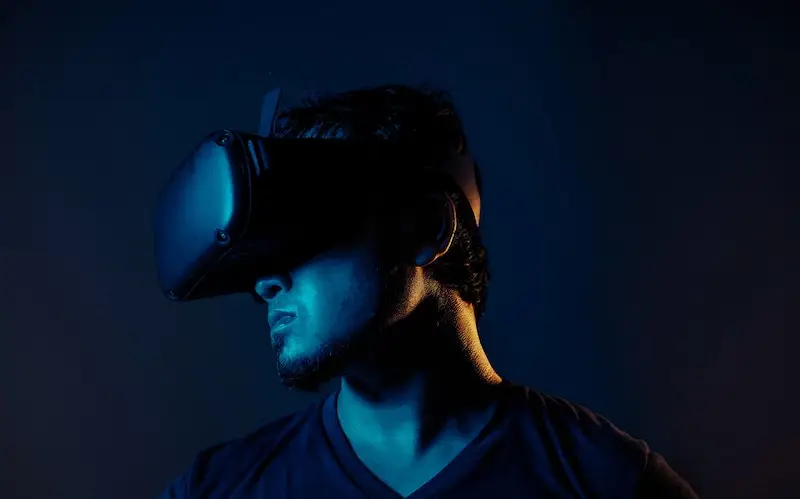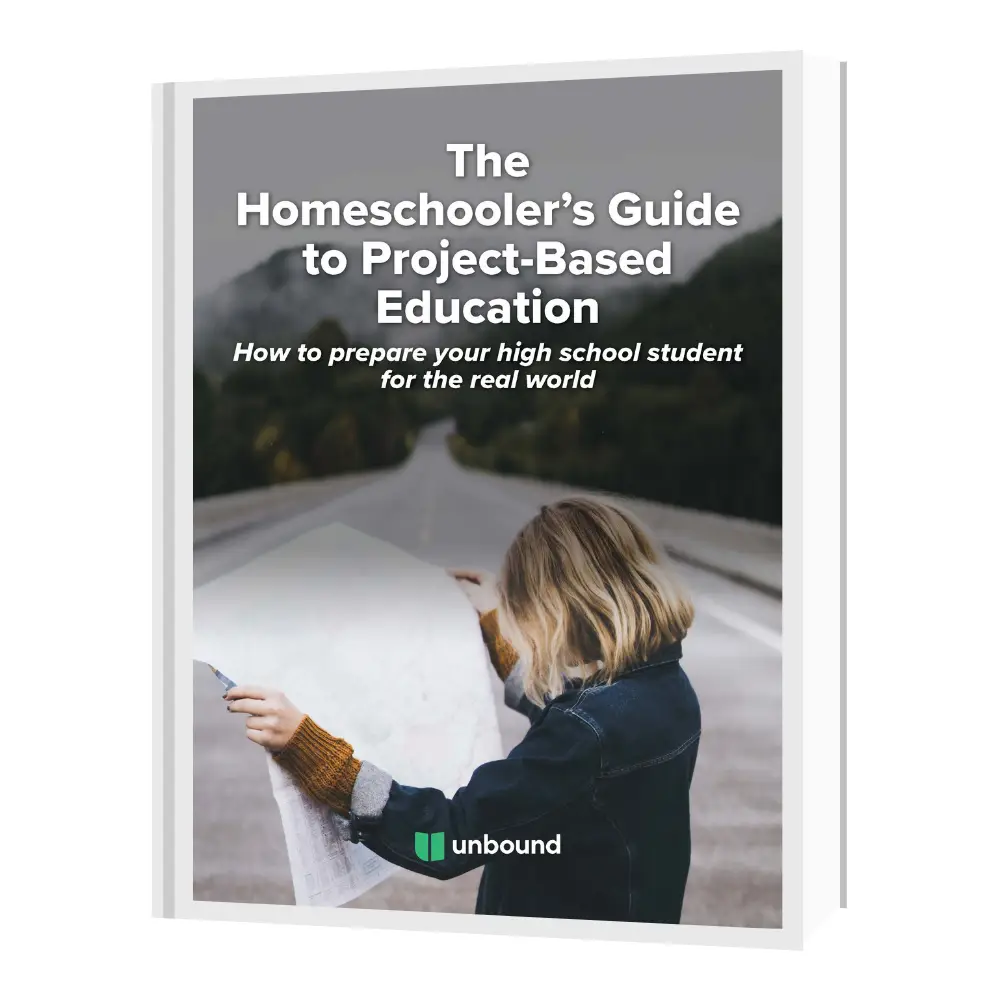VR Headsets & Critical Thinkers: What Questions Should We Be Asking?

Apple has made big news recently with the release of their Vision Pro headset. The VR (virtual reality) headset promises to “seamlessly blend digital content with your physical space”. In other words, when you wear this headset, you’ll be able to see apps “floating” in front of you. Apple calls it “spatial computing”.
As part of our ongoing conversation about the new technology being developed and how it impacts education, I wanted to think critically about this new development and probe with some deeper questions.
One main concern with Apple’s headset might be the blurring of the lines between reality and “virtual” reality. The border between the virtual world and the real world begins to blur.
A Big Jump From Smartphones
Of course, the argument can be made that Apple’s headset brings more convenience and productivity with it. After all, computers have been getting smaller for decades. They are now being integrated with our lives in such a way that the border between “screen” and “environment” is losing its crisp edges.
Few people proclaimed doom on civilization when computers were integrated into phone-sized devices that fight in our pockets. Most people have adapted to that major change without much hassle. But is this headset situation different?
I’d like to argue that it is. The transition between laptop and smartphone is big. But not as big as the transition from smartphone to integrated virtual reality headset.
The future of education in your inbox.
Get productivity tips, commentary, and Unbound updates sent to you!
When smartphones began to replace laptops for around-the-clock screen time it changed personal habits. All of a sudden, our screens and apps could accompany us wherever we went. The accessibility increased. Now, we had the vast majority of human knowledge in our pockets. This accessibility brought major change to human behavior.
The headset innovation is on a new level. It promises to “seamlessly” (to use Apple’s very own words) integrate our digital and physical lives. The question we have to ask ourselves is: do we want that kind of integration? Will the blurring of the borders between digital and “real” life actually improve our lives?
Digital Health v.s. VR Headsets
A lot of discussion has taken place over the years about the health of a heavy digital diet. And yet despite numerous concerns, innovations like the VR headset from Apple continue to hit the market.
If we are operating in a questions-based paradigm we will be asking critical questions about innovations like these. We will be using technology as a tool instead of using it as a way to keep up with everyone else.
We’ve said it before and I’ll say it again: technological innovation makes critical thinking essential for anyone, but especially for young adults. And one of the critical questions we need to ask about this new form of technology is: how will it impact community and human relationships?
The danger here is that VR devices can provide an entire world of fantasy and imagination integrated with our real world. And this may serve to draw us out of the real world and deeper into digital worlds built on imagination. It’s not that imagination is bad. But we can’t live there forever. No matter how realistic the AI companion is, they can’t replace a real human friend.
The more the digital world invades our lives in the real, physical world the more we will be tempted to rely on digital technology or AI to meet needs that can only be sufficiently met by other human beings.
Ascend by Unbound offers project-based education, Christian leadership training, college credit, community and more for a fraction of the cost of traditional college. Learn more.




